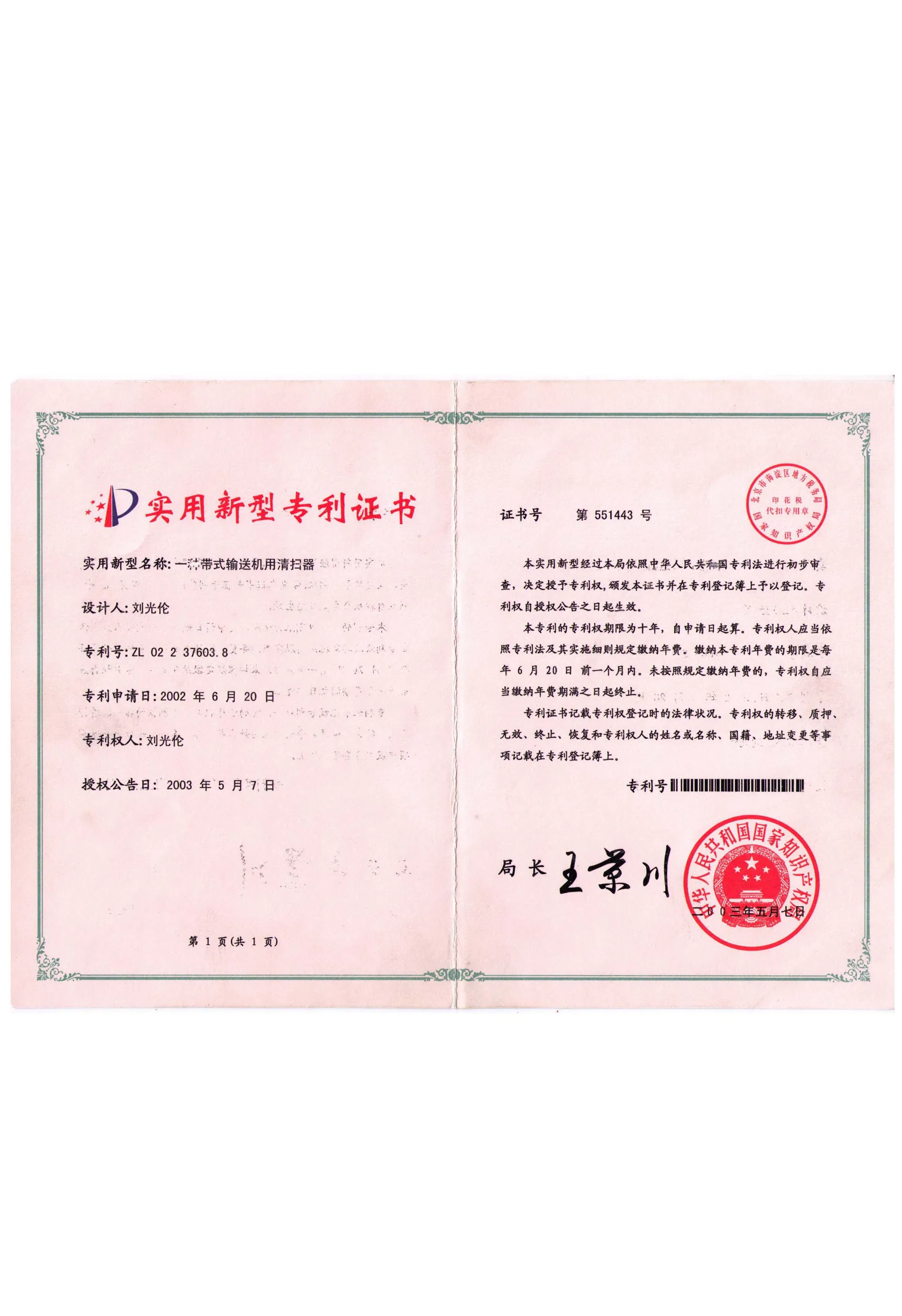 Afrikaans
Afrikaans  Albanian
Albanian  Amharic
Amharic  Arabic
Arabic  Armenian
Armenian  Azerbaijani
Azerbaijani  Basque
Basque  Belarusian
Belarusian  Bengali
Bengali  Bosnian
Bosnian  Bulgarian
Bulgarian  Catalan
Catalan  Cebuano
Cebuano  Corsican
Corsican  Croatian
Croatian  Czech
Czech  Danish
Danish  Dutch
Dutch  English
English  Esperanto
Esperanto  Estonian
Estonian  Finnish
Finnish  French
French  Frisian
Frisian  Galician
Galician  Georgian
Georgian  German
German  Greek
Greek  Gujarati
Gujarati  Haitian Creole
Haitian Creole  hausa
hausa  hawaiian
hawaiian  Hebrew
Hebrew  Hindi
Hindi  Miao
Miao  Hungarian
Hungarian  Icelandic
Icelandic  igbo
igbo  Indonesian
Indonesian  irish
irish  Italian
Italian  Japanese
Japanese  Javanese
Javanese  Kannada
Kannada  kazakh
kazakh  Khmer
Khmer  Rwandese
Rwandese  Korean
Korean  Kurdish
Kurdish  Kyrgyz
Kyrgyz  Lao
Lao  Latin
Latin  Latvian
Latvian  Lithuanian
Lithuanian  Luxembourgish
Luxembourgish  Macedonian
Macedonian  Malgashi
Malgashi  Malay
Malay  Malayalam
Malayalam  Maltese
Maltese  Maori
Maori  Marathi
Marathi  Mongolian
Mongolian  Myanmar
Myanmar  Nepali
Nepali  Norwegian
Norwegian  Norwegian
Norwegian  Occitan
Occitan  Pashto
Pashto  Persian
Persian  Polish
Polish  Portuguese
Portuguese  Punjabi
Punjabi  Romanian
Romanian  Russian
Russian  Samoan
Samoan  Scottish Gaelic
Scottish Gaelic  Serbian
Serbian  Sesotho
Sesotho  Shona
Shona  Sindhi
Sindhi  Sinhala
Sinhala  Slovak
Slovak  Slovenian
Slovenian  Somali
Somali  Spanish
Spanish  Sundanese
Sundanese  Swahili
Swahili  Swedish
Swedish  Tagalog
Tagalog  Tajik
Tajik  Tamil
Tamil  Tatar
Tatar  Telugu
Telugu  Thai
Thai  Turkish
Turkish  Turkmen
Turkmen  Ukrainian
Ukrainian  Urdu
Urdu  Uighur
Uighur  Uzbek
Uzbek  Vietnamese
Vietnamese  Welsh
Welsh  Bantu
Bantu  Yiddish
Yiddish  Yoruba
Yoruba  Zulu
Zulu belt conveyor cleaner
The Importance of Belt Conveyor Cleaners in Industrial Operations
Belt conveyor systems are essential in modern industrial operations, facilitating the efficient movement of materials across various production lines. However, with the transportation of different materials, these conveyors can accumulate dust, debris, and other contaminants that not only hinder their efficiency but can also lead to increased operational costs and potential safety hazards. This is where belt conveyor cleaners come into play, serving a critical role in maintaining optimal performance and safety in industrial environments.
Belt conveyor cleaners are specialized devices designed to remove material build-up from the conveyor belt's surface. This build-up can occur due to spillage, carryback, and other operational inefficiencies. Carryback refers to the unintended adhesion of materials to the belt after it has passed through the discharge point. Over time, this carryback can lead to several problems, including reduced material flow, belt wear, and increased labor costs associated with manual cleaning efforts. Therefore, the implementation of effective belt conveyor cleaning systems is paramount.
The types of belt conveyor cleaners vary widely, tailored to meet the specific needs of different industries and conveyor systems. Common types include primary cleaners, secondary cleaners, and specialty cleaners. Primary cleaners are typically installed at the discharge point of the conveyor and focus on removing the bulk of the carryback material. Secondary cleaners, on the other hand, are positioned further down the line to catch any remaining residue that the primary cleaners may have missed. Specialty cleaners, such as those that operate in environments with unique material properties or hygiene requirements, can also be employed for specific applications.
belt conveyor cleaner

Implementing belt conveyor cleaners not only enhances the efficiency of material handling but also contributes to workplace safety. A clean conveyor system reduces the risk of slip and fall accidents caused by spillage on the floor. Furthermore, by minimizing the build-up of materials, belt conveyor cleaners can extend the lifespan of the equipment, thus reducing maintenance costs in the long run. Improved cleanliness also promotes better air quality in the work environment, as dust and airborne particles are effectively managed.
Moreover, selecting the appropriate belt conveyor cleaner involves considering several factors such as the type of materials being transported, conveyor belt speed, and operational conditions. Regular assessments and maintenance of these cleaning systems ensure their effectiveness and reliability.
In conclusion, belt conveyor cleaners are a vital component in ensuring the efficiency, safety, and longevity of conveyor systems in various industrial applications. By investing in high-quality cleaners and maintaining them properly, companies can optimize their operations, reduce costs, and promote a safer working environment. As industries continue to evolve, the significance of maintaining clean belt conveyor systems will undoubtedly remain a top priority.
-
Revolutionizing Conveyor Reliability with Advanced Rubber Lagging PulleysNewsJul.22,2025
-
Powering Precision and Durability with Expert Manufacturers of Conveyor ComponentsNewsJul.22,2025
-
Optimizing Conveyor Systems with Advanced Conveyor AccessoriesNewsJul.22,2025
-
Maximize Conveyor Efficiency with Quality Conveyor Idler PulleysNewsJul.22,2025
-
Future-Proof Your Conveyor System with High-Performance Polyurethane RollerNewsJul.22,2025
-
Driving Efficiency Forward with Quality Idlers and RollersNewsJul.22,2025





























